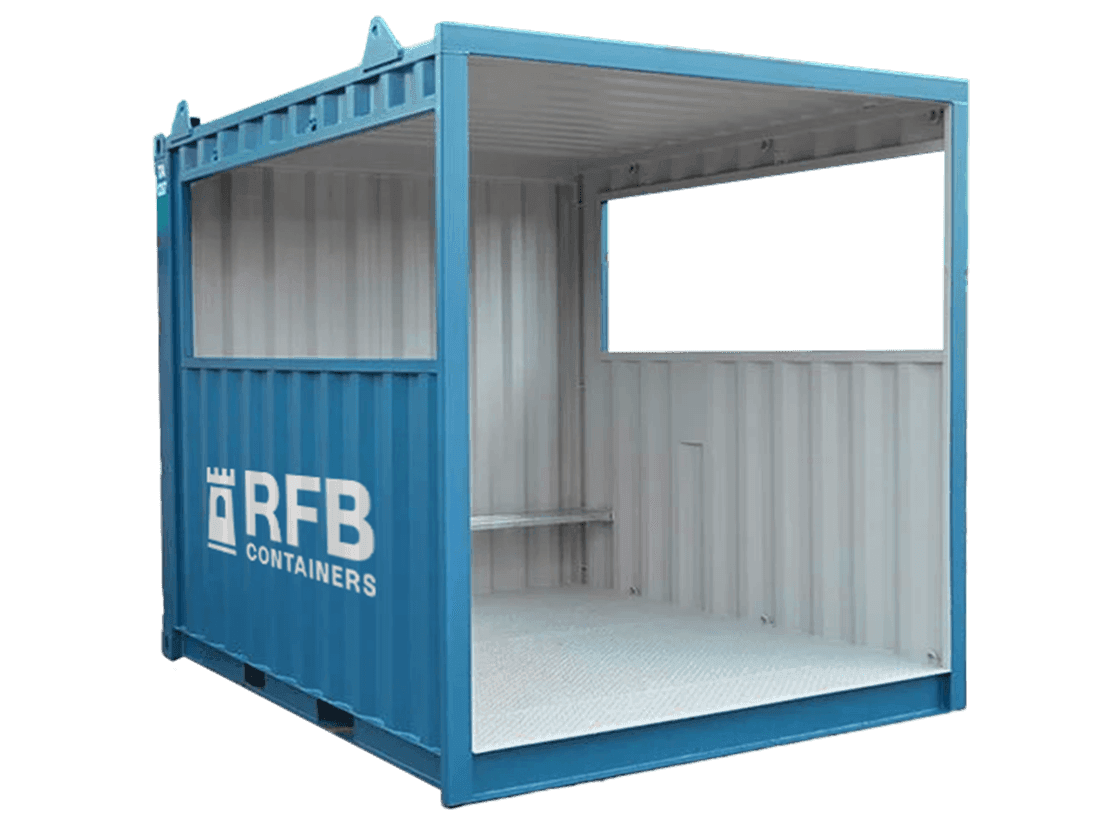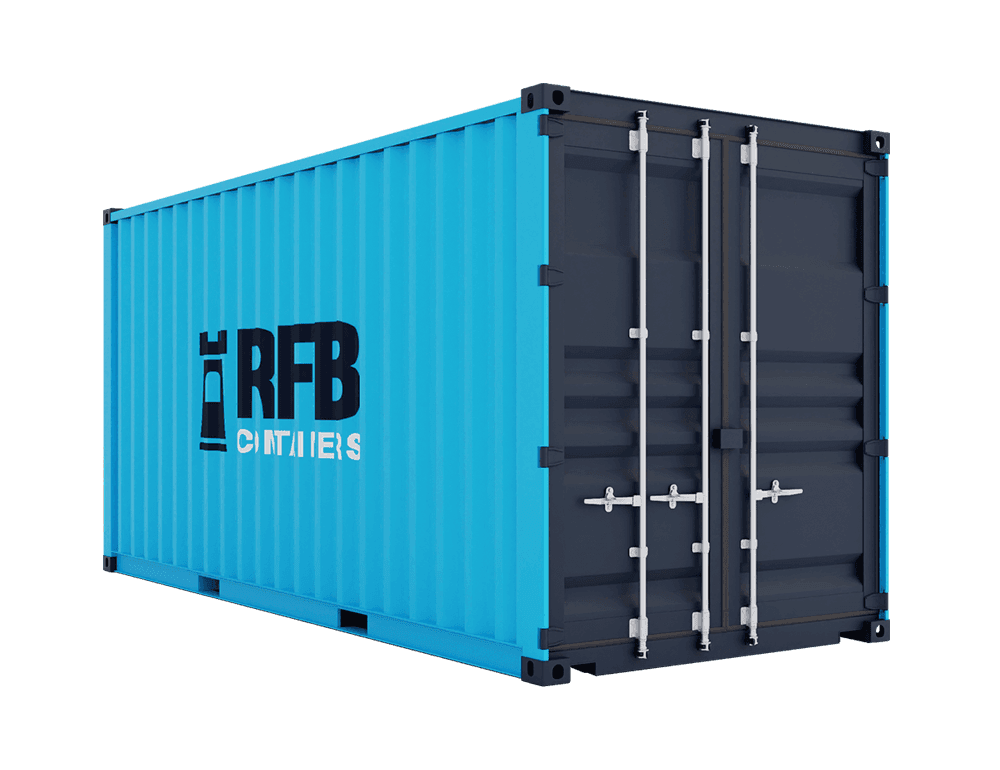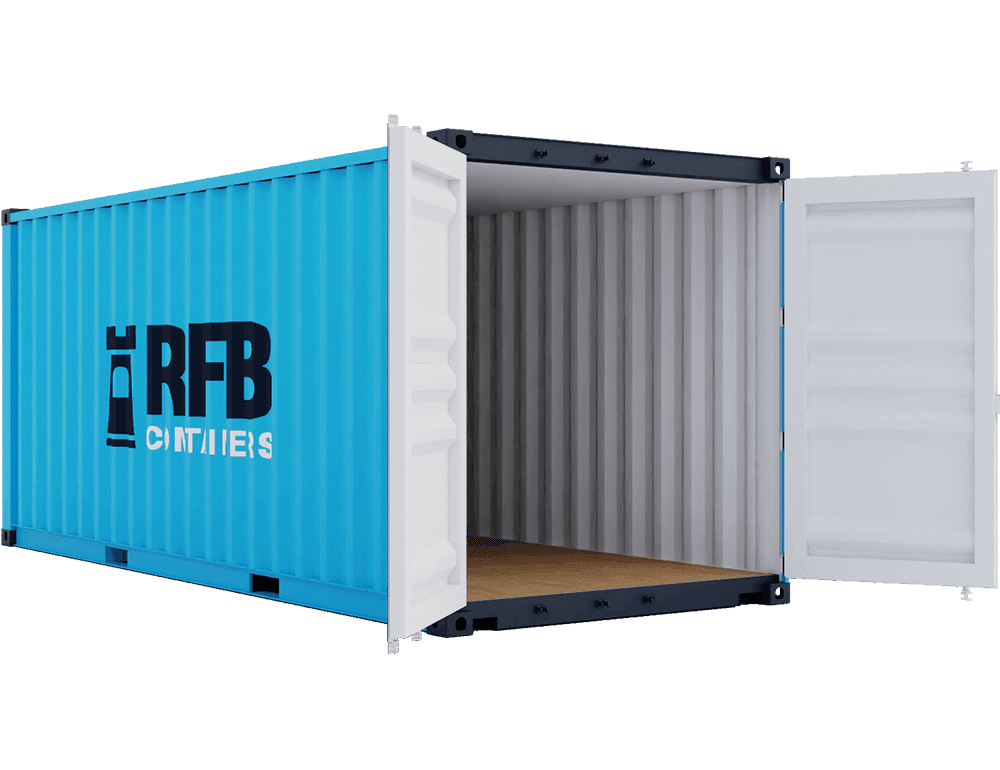
How To Start A Self Storage Business
We often get asked how to start a self-storage business. How do I create a business plan? How much capital will I need and more!
Starting a storage business can be very lucrative, but it does require a well-thought-out plan as you need to consider multiple things.
Within this blog post, we cover some of the most important things that you need to know.
Begin With Researching The Market
Take a close look at the demographics of your targeted area. Review things such as population, online reviews of competitors, and the areas with more income.
Identify your customer segments, and recognise various customer segments in the market such as homeowners, apartment residents, students, or local businesses that might need storage facilities. Make sure to analyse your local competition and go in-depth. Understand their strengths, weaknesses, and potential service gaps that you can capitalise on.

Create A Solid Business Plan
Start by analysing the market. Incorporate your in-depth research findings, which highlight potential growth areas for your self storage business. Review and describe day-to-day jobs, facility maintenance, and customer service protocols. Include detailed financial plans and projections for at least three to five years at the very minimum. Factor in potential economic fluctuations and changes in the market that may happen.

Pick Your Location Carefully
It’s really important to consider factors like traffic patterns, local infrastructure, and proximity to residential and commercial areas that are close by. Investigate the local land prices, all the construction costs involved, and all the potential future development that might be needed in the area.

What’s Your Financial Strategy?
Break down the full costs for your land, construction, potential staff, and marketing costs, and consider any contingency costs involved. Explore various financing options such as bank loans, SBA loans, Government funding, or private investors. By getting your financial strategy right, you’ll give yourself a higher chance for success in the months to come.

Map Our Your Facility Design And The Construction Involved
Tailor the facility to fit your target market’s wants and needs. This can include varying unit sizes, drive-up units, or specialty storage like RV and boat storage. We have four main types of units, standard containers, high-cube, tunnel, and open side, each come in a variety sizes from 8ft to 40ft. Nowadays it’s important to consider and incorporate sustainable practices like solar panels or energy-efficient building materials, not only will this save money and help the planet, you could attract more customers that prefer using eco-conscious businesses.

Plan How You’ll Operate
Make sure that you investigate and utilise state-of-the-art management software for a seamless customer experience, two popular softwares we can recommend are Zoho and Hubspot, both of which are cost-effective and easy to use. Implement in-depth training programs for your staff, focusing on customer service, safety, and operational efficiency. Operating smoothly can help you attract and keep customers for the long term.

How Will You Market The Business?
Develop a marketing plan targeting specific customer segments with tailored messaging thats relevant to each of them. Actively participate in community events and build partnerships with local businesses for referrals. And it’s also worth considering hiring a marketing agency if you need outside help. Do your research, make a plan, and market your business proactively all year round.

Review The Compliance and Legal Frameworks
Stay up to date on local, regional, and government regulations affecting self-storage businesses. We recommend working with legal professionals to draft customer agreements, insurance policies, and employee contracts. It may seem expensive, but it’s very important to get the right advice for your business.

Gain Loyalty Through Customer Service
Execute loyalty programs, customer events, and regular communication approaches through channels such as email and text messaging. It’s also worthwhile establishing clear policies for handling any customer complaints and issues that may arise. Self storage businesses can provide income for the long term when customer are satisfied and happy with your service.

Each of the steps outlined involves a lot of work and thorough planning. You must engage with industry experts, financial advisors, and legal personnel throughout the process to ensure a successful business setup.
We hope you found this blog helpful, if you have any further questions then please reach out to our expert team, we also own a self-storage business in Hamilton, and we have real-life experience of what it takes to make it successful in the industry.
If you have any more questions, reach out to the RFB team today.


















